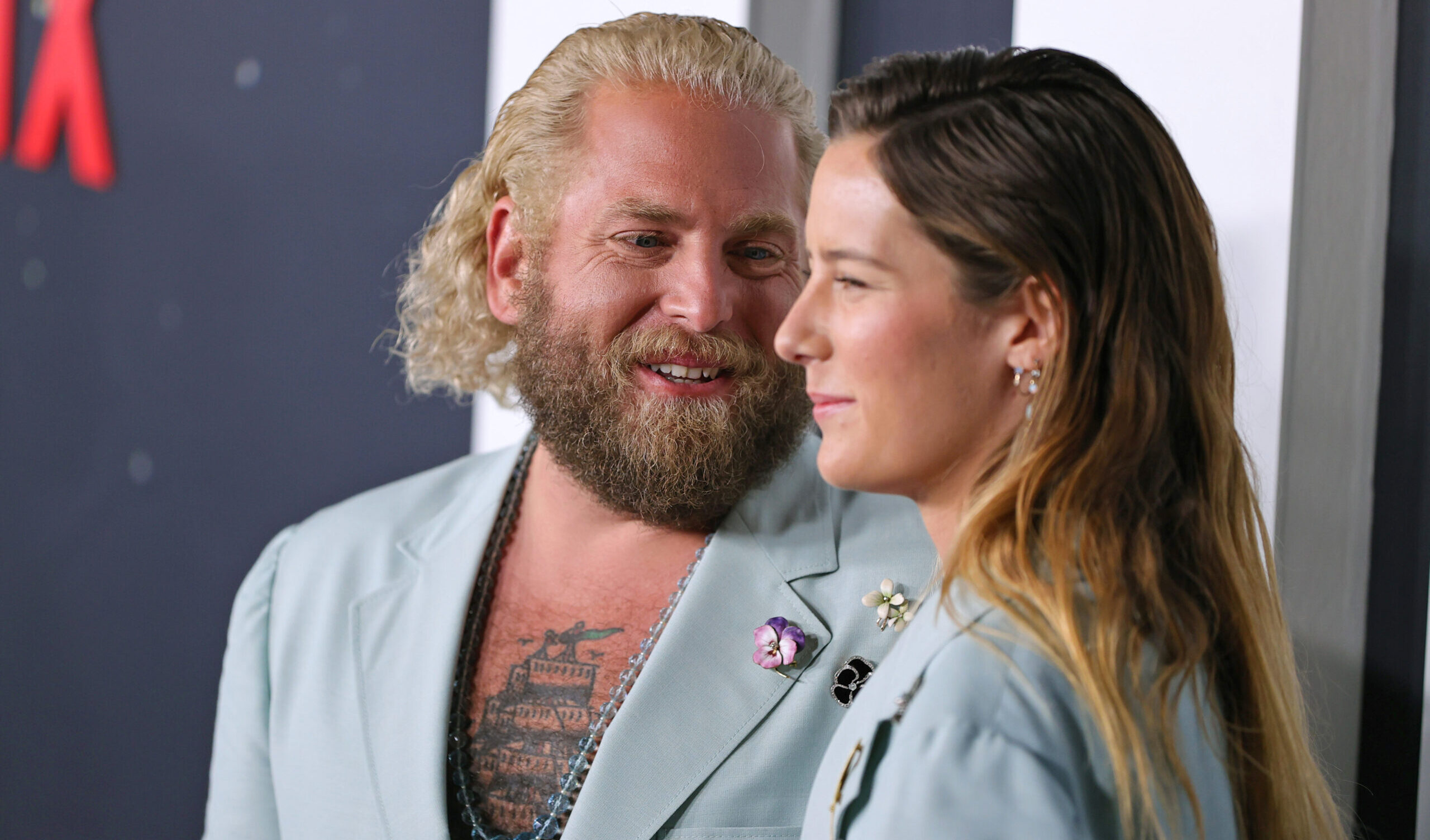To navigate the world of modern dating, readers first need to understand the new lexicon of love: green flags, red flags, beige flags, love bombing, breadcrumbing, ghosting, gaslighting. Do you know what your love language is? Do you know if you have an anxious or avoidant attachment style? Are you manifesting, healing your inner child, trauma-bonding? This therapy-speak has become so normalised that on Hinge, a dating app with over 23 million users, you can respond to prompts like, “Therapy recently taught me___”, “A boundary of mine is___” and “My therapist would say I___.”
Yet what happens when this psychobabble becomes less of a tool and more of a weapon? The actor Jonah Hill was widely criticised this weekend for sending “emotionally abusive” text messages to his ex-girlfriend, surfing instructor Sarah Brady, in which he outlined his romantic “boundaries”. In one message, Hill said that if Brady needed “surfing with men, boundaryless inappropriate relationships with men, to model, to post pictures of yourself in a bathing suit, to post sexual pictures, have friendships with women… from your wild recent past […] I am not the right partner for you.”
This is a classic example of how the language of wellbeing and “self-care” can be misconstrued. Hill’s messages are not about setting boundaries, but instead setting a list of demands. Boundaries are values and limits you impose on yourself and your own behaviour, not rules that can then be enforced on other people. As upfront and clear as Hill may have been with his expectations, this ultimately sounds like an attempt at coercive control, apparently justified because he is, to use his own words, “vulnerable”. If the actor didn’t want a girlfriend who posted pictures in a swimsuit, perhaps he shouldn’t have dated a professional surfer.
This should therefore be a timely reminder that being in therapy is not necessarily a barometer of whether someone is a good or adjusted person. Hill has apparently been so enlightened by therapy that last year he even created a documentary about his therapist, called Stutz, in which he talks about concepts like “life force”, embracing his “shadow self” and “the reversal of desire”. Yet people aren’t just learning to diagnose their lives (and their love lives) through therapy, but also through podcasts, YouTubers, influencers, TikTokers, life coaches — basically anyone with a front-facing camera.
The assumption is that therapy can only improve its recipient, but for some people solely focusing on themselves can give them an elevated sense of self-importance: that becoming aware of their own issues and “doing the work” somehow makes them better than everyone else. Ultimately, therapy, and therapy-speak, can simply make manipulative people better manipulators. Hill told Brady to “take some accountability and operate with respect”, but by hiding behind his “boundaries”, he is hardly doing the same; rather, he is just projecting his own insecurities.
This pervasive pathologisation is fundamentally changing the way we interact with one another. Navel-gazing can lead to unhealthy self-centredness (one of the easiest ways to boost mental health is to do something for other people). It can help us to deceive ourselves that nothing we ever do, say or feel is wrong (for example, we can smugly say, “No, I’m not ending our relationship; I’m just reassessing my emotional capacity for you right now.”) It simplifies messy, nuanced, complex realities into neat clinical boxes while we continue our quest for self-optimisation, being the “best” versions of ourselves.
One study last year, titled Singles In America, asked thousands of participants to rank what they would look for in a prospective partner. One of the top five answers was emotional maturity: the ability to process and grapple with one’s feelings. Yet we have transformed this process from an emotional exercise into an intellectual one, in which everything must be analysed, dissected, labelled and compartmentalised in order to become meaningful. This constant introspection can be incredibly isolating, and by fundamentally re-evaluating the way in which we relate to each other, modern dating has become far more about “me” than “us”.











Join the discussion
Join like minded readers that support our journalism by becoming a paid subscriber
To join the discussion in the comments, become a paid subscriber.
Join like minded readers that support our journalism, read unlimited articles and enjoy other subscriber-only benefits.
Subscribe